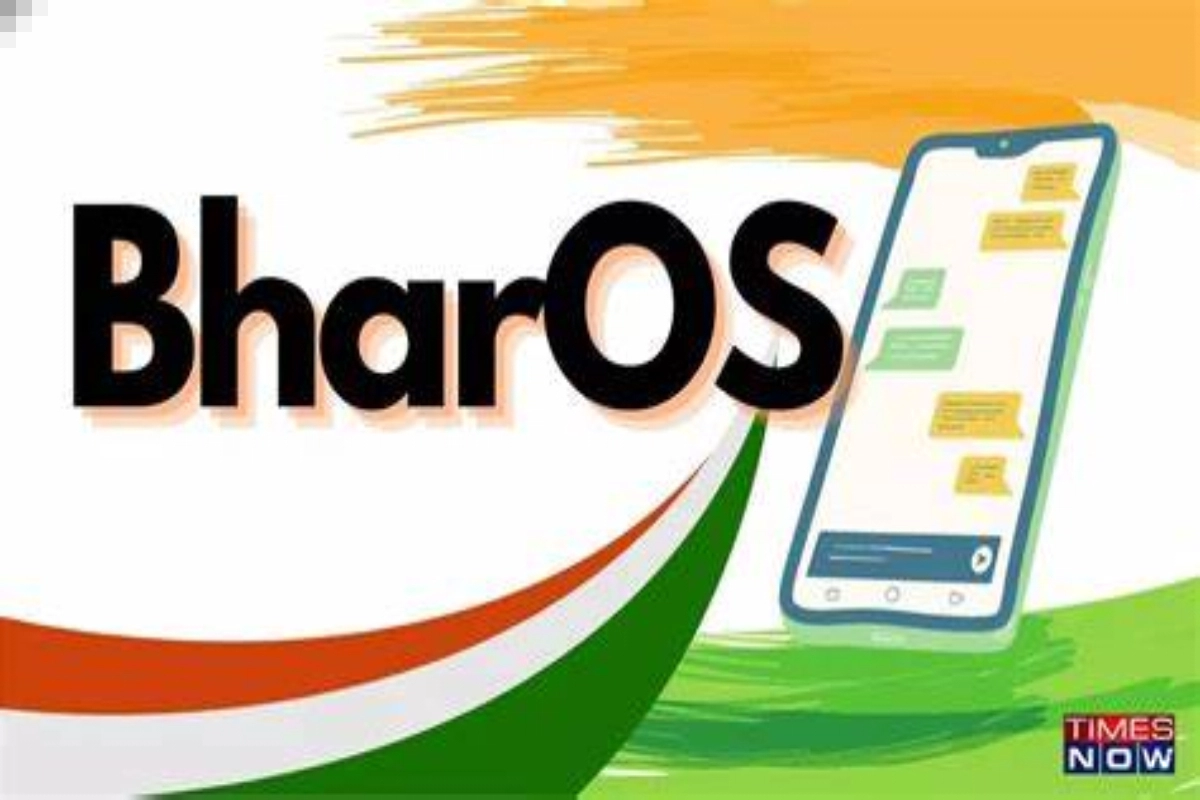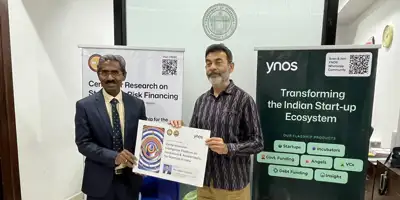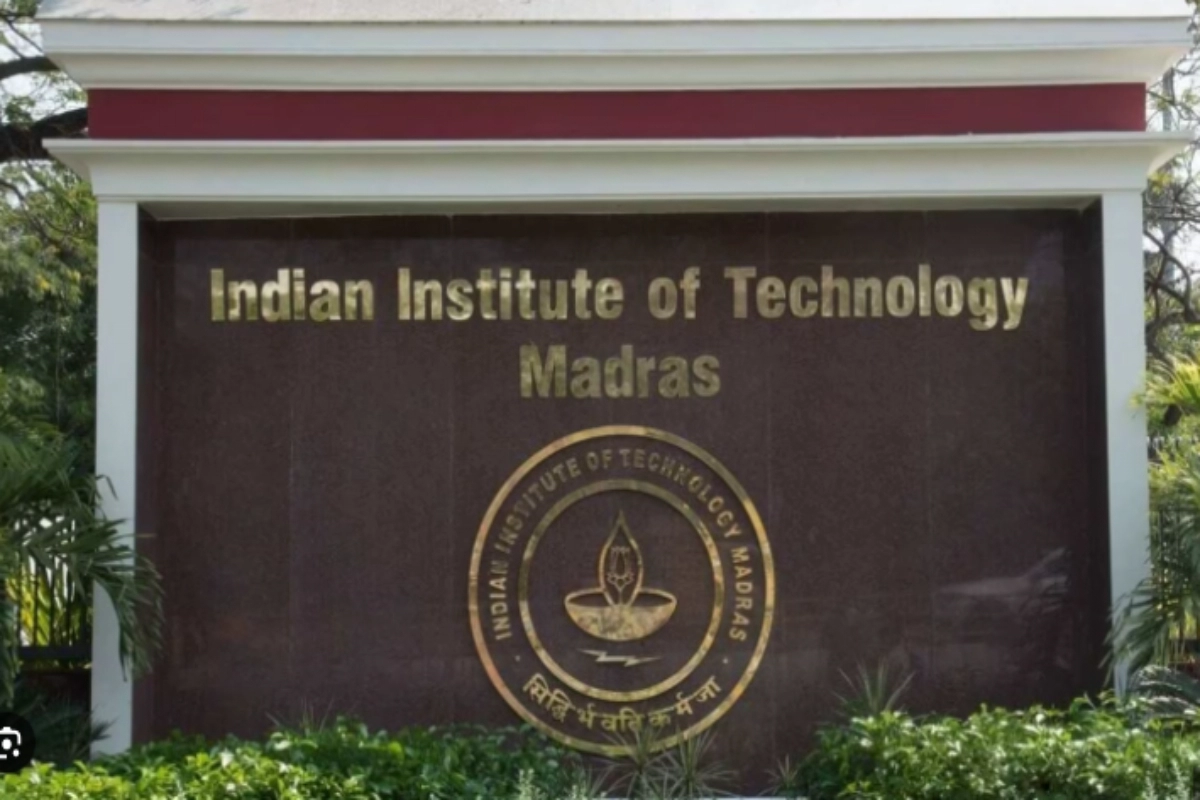An indigenous mobile operating system was created by a company backed by the Indian Institute of Technology (IIT) Madras with the goal of helping India’s 100 crore mobile phone consumers. According to a press release, the ‘BharOS’ operating system may be loaded on commercially available mobile phones and offers consumers a secure environment.
Indian Institute of Technology (IIT) Madras incubates firm develops Indigenous Operating Sysytem
According to the press release, the BharOS Service is intended for businesses with strong privacy and security policies whose employees handle sensitive information that necessitates secret conversations on mobile apps. Such consumers require private 5G networks with access to private cloud services, it continued.
Also Read: Stones pelted at Vande Bharat Express in Bihar
BharOS Service is for organizations that stringent privacy and security requirements
BharOS was created by JandK Operations Private Limited (JandKops), a Section 8 (Not for Profit) firm founded by IIT Madras and fostered by IIT Madras Pravartak Technologies Foundation. The National Mission on Interdisciplinary Cyber-Physical Systems of the Government of India’s Department of Science and Technology (DST) provides funding for the Foundation (NMICPS). According to the announcement, it aims to put India on par with the select few nations that already have these skills.
JandK Operations Private Limited (JandKaops) is developer of BharOS , incubated by IIT Madras Pravartak Technologies Foundation
A mobile operating system with a focus on giving consumers greater freedom, autonomy, and flexibility to select and utilise only the apps that meet their needs is called “BharOS Service.” According to IIT Madras Director V. Kamakoti, this ground-breaking solution “promises to revolutionise the way people think about security and privacy on their mobile devices.”
BharOS promises to revolutionizes the way users think about security and privacy
The announcement also said that BharOS does not have any default apps (NDA). Accordingly, consumers are not compelled to utilise programmes that they may not be familiar with or trustworthy. Furthermore, this strategy gives consumers more control over the rights that apps have on their devices because they may decide to only give trusted apps access to certain functions or data, according to the company.
Also Read: Prez El-Sisi’s visit: Defence, cyber security in focus to boost India-Egypt ties
Keep watching our YouTube Channel ‘DNP INDIA’. Also, please subscribe and follow us on FACEBOOK, INSTAGRAM, and TWITTER.












